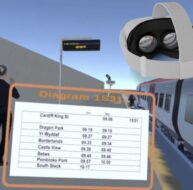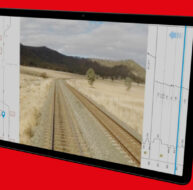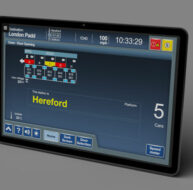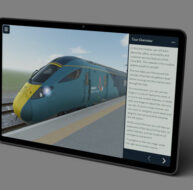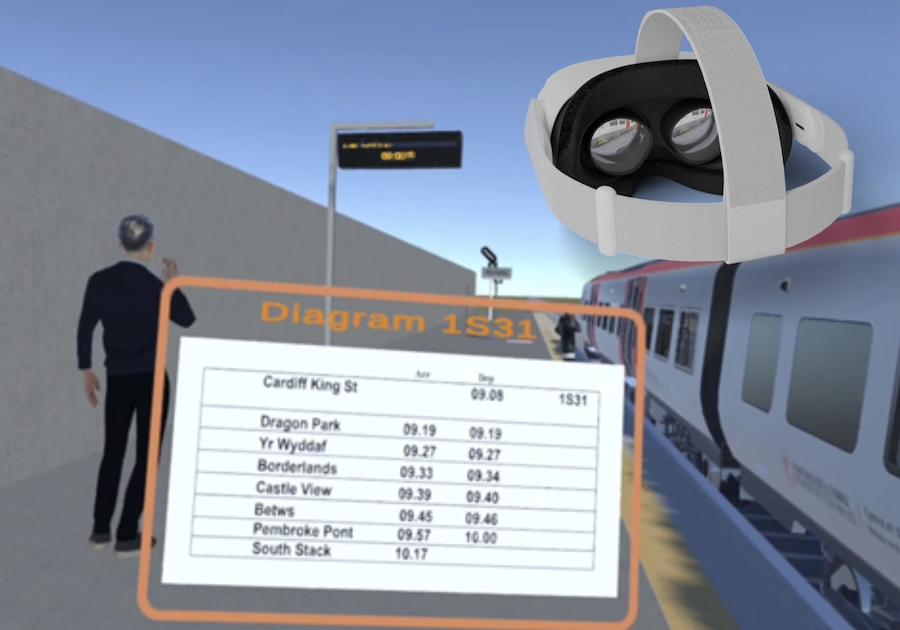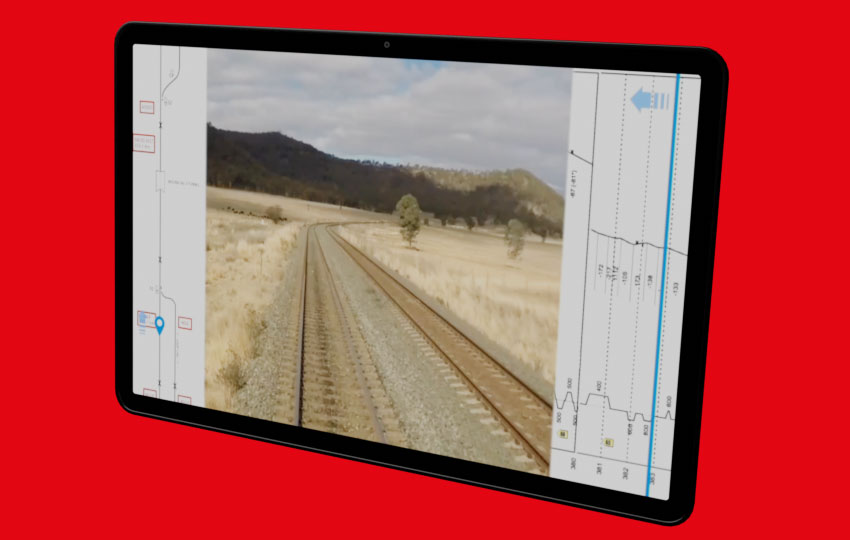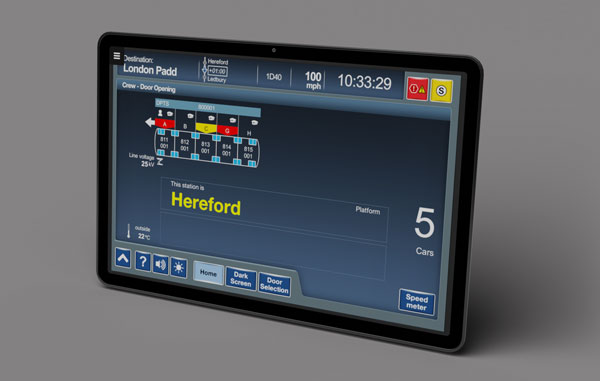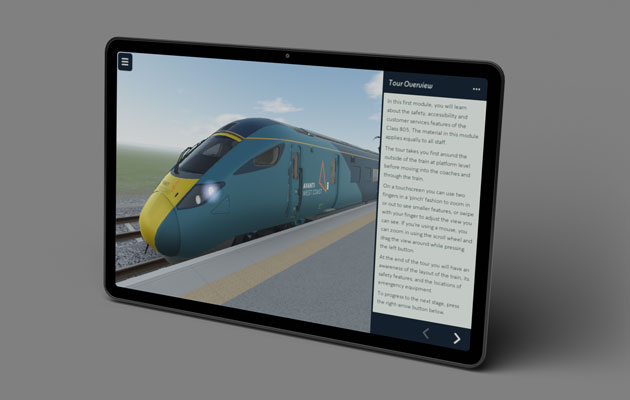Innovation is high on the Australian rail agenda
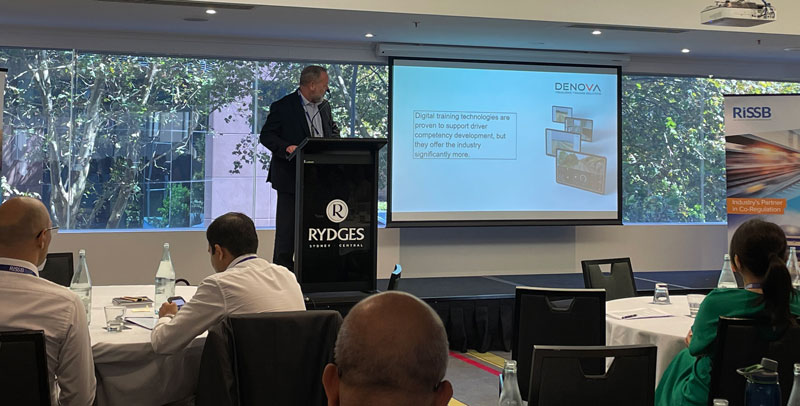
Joining a wide range of industry representatives from across Australia, at the Rail Industry Safety Standards Board ( RiSSB) Technology and Innovation conference, I was impressed with the topics and content under discussion, ranging from the applications of Artificial Intelligence to Cyber Security and safety initiatives on tram and rail networks
As with many discussions around innovation in the rail industry, there always seems to be a divide between those advocating new technologies and those that must consider the practical implications of implementation. This conference was no different, however across the range of topics discussed the accepted view seemed to be that progress through achievable incremental improvements in systems, technology and business practices was the preferred strategy. This certainly reflects our experience in successfully introducing training technologies over the past 16 years.
The range of topics discussed over the two day event suggests an industry that is under no misconception as to the scale of the task it faces in meeting passenger and freight demand over the next decade. The need to expand capacity and accelerate growth under strict safety standards will be challenging and require continual incremental innovation across all aspects of the network, no matter how small. The increasing digitisation of trains and locomotives will significantly increase the need for quicker and more effective training methods if current and future drivers are to be brought up to speed.
Accelerate training and leverage your instructor training resources
Set against the increasing demand for more and better trained drivers, Denova’s contribution focussed on how digital technologies such as mobile simulation apps can accelerate the learning process by expanding training capacity and leveraging limited instructor resources.
Training staff on complex in-cab systems (such as ETCS or Train Management System displays) is challenging. A complementary approach where classroom and physical simulator training is supported by smart, focussed training on mobile devices, offers the industry the best solution in addressing the exponential demand for new and better trained drivers.
I judge an industry event as successful if I leave knowing one new thing and with one new idea. The RISSB didn’t disappoint. With topics ranging from Artificial Intelligence to innovative safety technologies for level crossings, I left with lots of ideas for future training development for a wide range of industry applications.
If you didn’t manage to attend and would like to know more about our presentation, please get in touch here.

